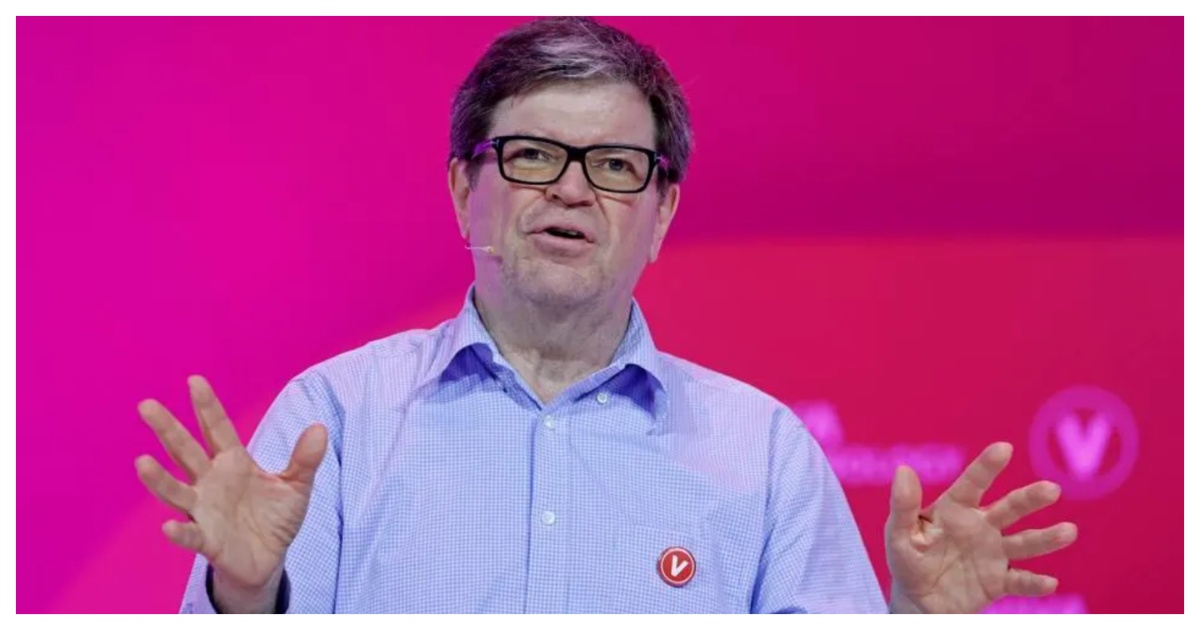
Yann LeCun Explains How Meta Had Developed A ChatGPT-Like System Before OpenAI, But Took It Down
- 24.03.2025 13:18
- officechai.com
- Keywords: danger, success
Yann LeCun revealed that Meta developed a ChatGPT-like system called Galactica before OpenAI's release but shut it down due to public backlash. Despite this, ChatGPT gained widespread popularity, highlighting differences in public perception and readiness for AI technologies.